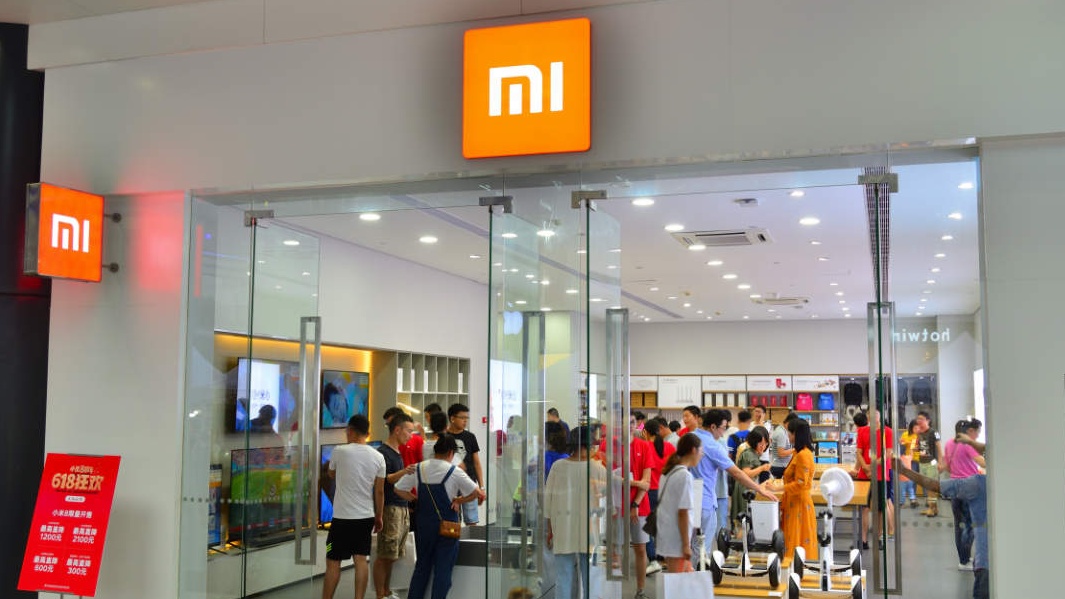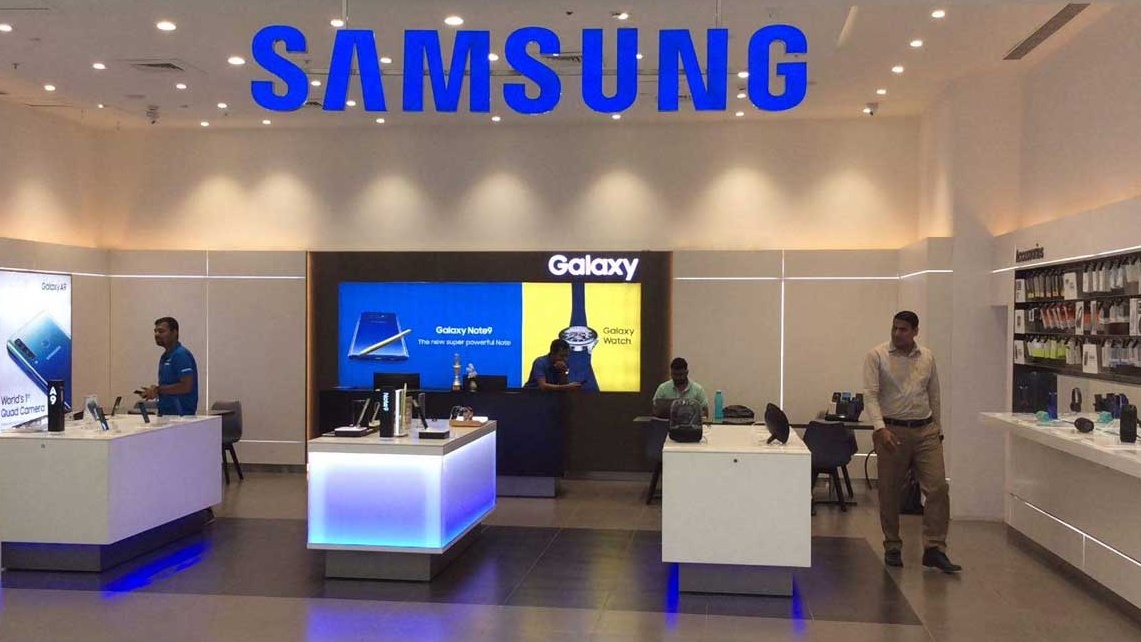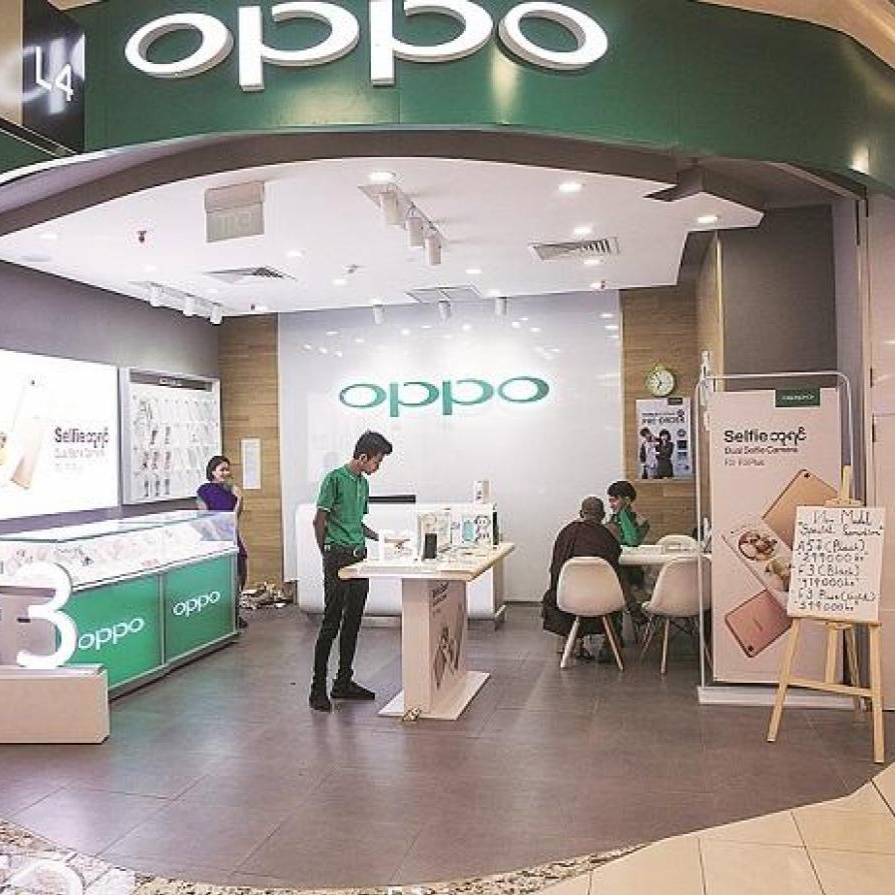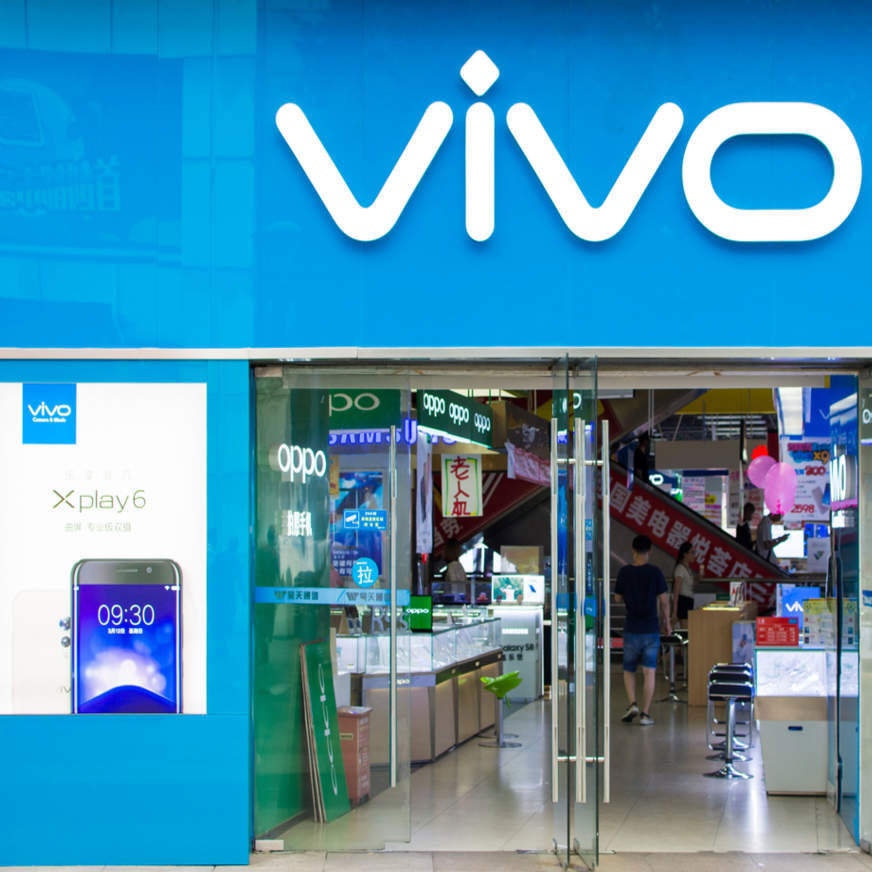Poco, iQoo plan more brick-and-mortar stores in India - what's prompting them?
Xiaomi has 3,000 stores already

Smartphone brands setting up an offline presence is nothing new in India. Samsung did it and soon enough Chinese phone-makers followed suit with the likes of Xiaomi, Vivo and Oppo setting up branded stores. Now we have Apple moving in with its own experience stores in New Delhi and Mumbai. But, if recent reports are to be believed the country could soon see another edition of Store Wars.
Xiaomi, which began the trend some years ago, celebrated its 3000th store last year in August with the launch of one at Bulandshahr in Uttar Pradesh. Now we hear that Poco, another brand from the family, is preparing to set up stores in India. And they aren't alone as rival brand iQoo is also getting into the act.
Information gleaned from tipster Mukul Sharma by 91Mobiles suggests that both Poco and Iqoo could be entering the offline market in India during the first quarter of 2022. Of course, it isn't clear whether they would be setting up exclusive stores or in tandem with their sister brands Xiaomi and Vivo respectively.

- Samsung Galaxy S22 release date, rumors, price and news
- Xiaomi 12 release date, rumors, price and news
- Oppo Find X4 release date, rumors, price and news
- iQoo 9 with Snapdragon 898 SoC could be arriving in January
Offline stores aren't new in India

Brands like Xiaomi, Samsung Oppo and Vivo have made a strong offline base in the country. Oppo and Vivo did one better by reaching the hinterland through local level associations with small mobile stores. They refurbished these small stores with their branding colors while not restricting sale of other brands.
These brands have been known to launch online-exclusive models in the past, but at most times ensure that a substantial part of the total shipment is kept aside for the offline stores as well. For brands like Poco and iQoo this would be a new experiment, though both could be utilizing the expertise of their successful sister brands.
Of course, it is just not these two brands that are gung-ho about offline stores. We had a senior Xiaomi official claimed that in 2021, the company planned to have such stores in every country across the world. However, we believe that the pandemic left the company's offline strategy in tatters, both in China as well as outside.
A report in Gizchina quoted Xiaomi's general manager of Henan province to say that the company was on a store opening spree in China with 51 new stores going live at the same time on a single day this week. However, what is interesting is that Xiaomi claims 2,500 stores in China, while in India the number was 3,000 in 2020.
Get daily insight, inspiration and deals in your inbox
Sign up for breaking news, reviews, opinion, top tech deals, and more.

Is the store war really a war among brands?
Which brings us to the crucial question. What is prompting smartphone brands, who have generated most of their revenues from online sales, to seek another option? Lu Weibing, Xiaomi Group’s Vice President, had claimed last year that the company was working to ensure that every Xiaomi fan had a home round the corner.
We had reported that online sales during the recent festive season in India had topped $9.2 billion, with smartphones accounting for a third of the total sales. Which is one more reason one cannot explain this sudden rush to open offline stores.
One of the oft-heard complaints around Chinese smartphones is the difficulty that owners face for repair. Companies like Apple and Samsung boast of quality service networks that their Chinese counterparts haven't really been able to nail. This could be a joint effort by brands in that direction, whereby phone users at least have one destination to reach when their device is on the blink.
There could be another factor too. India is witnessing strong anti-China sentiment in the wake of the border skirmishes between the two countries last June. The Chinese brands have worked overtime to build the narrative around assembling their devices locally. By going offline, they add another page to this vocal for local narrative.
Like in the past, both Poco and iQoo could first target the tier-1 cities and then move over to smaller towns and cities. Which means that customers might just feel a little more confident of acquiring a smartphone that can be fixed at a store within some distance from their place of residence.
Want to know about the latest happenings in tech? Follow TechRadar India on Twitter, Facebook and Instagram
A media veteran who turned a gadget lover fairly recently. An early adopter of Apple products, Raj has an insatiable curiosity for facts and figures which he puts to use in research. He engages in active sport and retreats to his farm during his spare time.
